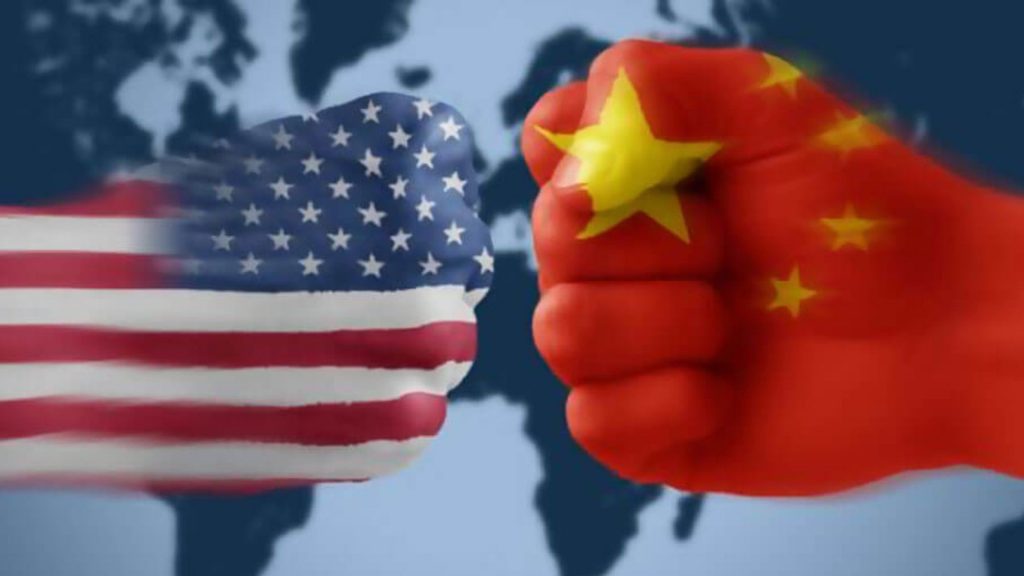
With the recent executive order signed by U.S. President Joe Biden, calling for enhanced scrutiny of cross-border transactions in sensitive areas such as artificial intelligence, quantum computing, and biotechnology, it is evident that the United States recognizes the need for a risk management strategy in its relations with China. This move indicates a growing urgency towards decoupling between the two countries.
The United States has expressed concerns about national security risks associated with foreign investments in critical technologies and sensitive industries. The aim is to safeguard sensitive intellectual property and technological advancements that are vital to U.S. economic competitiveness and national security.
By strengthening the review process conducted by the Committee on Foreign Investment in the United States (CFIUS), the U.S. government seeks to ensure that potential risks and implications of cross-border transactions in sensitive sectors are thoroughly assessed. This includes evaluating the potential transfer of sensitive technologies, intellectual property theft, and other security considerations.
The intensifying drumbeat of decoupling between the United States and China reflects broader geopolitical tensions and strategic competition between the two countries. While economic interdependence between the U.S. and China remains significant, there are increasing calls for risk management and a reassessment of the economic and technological relationships between the two nations.
Developing a comprehensive risk management strategy is crucial for the United States to address potential vulnerabilities and protect its strategic interests. This includes strengthening domestic capabilities in critical technologies, fostering innovation and research, diversifying supply chains, and collaborating with like-minded countries to promote responsible and secure technological development.
Navigating the complex U.S.-China relationship requires a delicate balance between economic cooperation, national security considerations, and strategic competition. A well-defined risk management strategy can help the United States navigate these dynamics and protect its interests in an increasingly interconnected and competitive global landscape.
